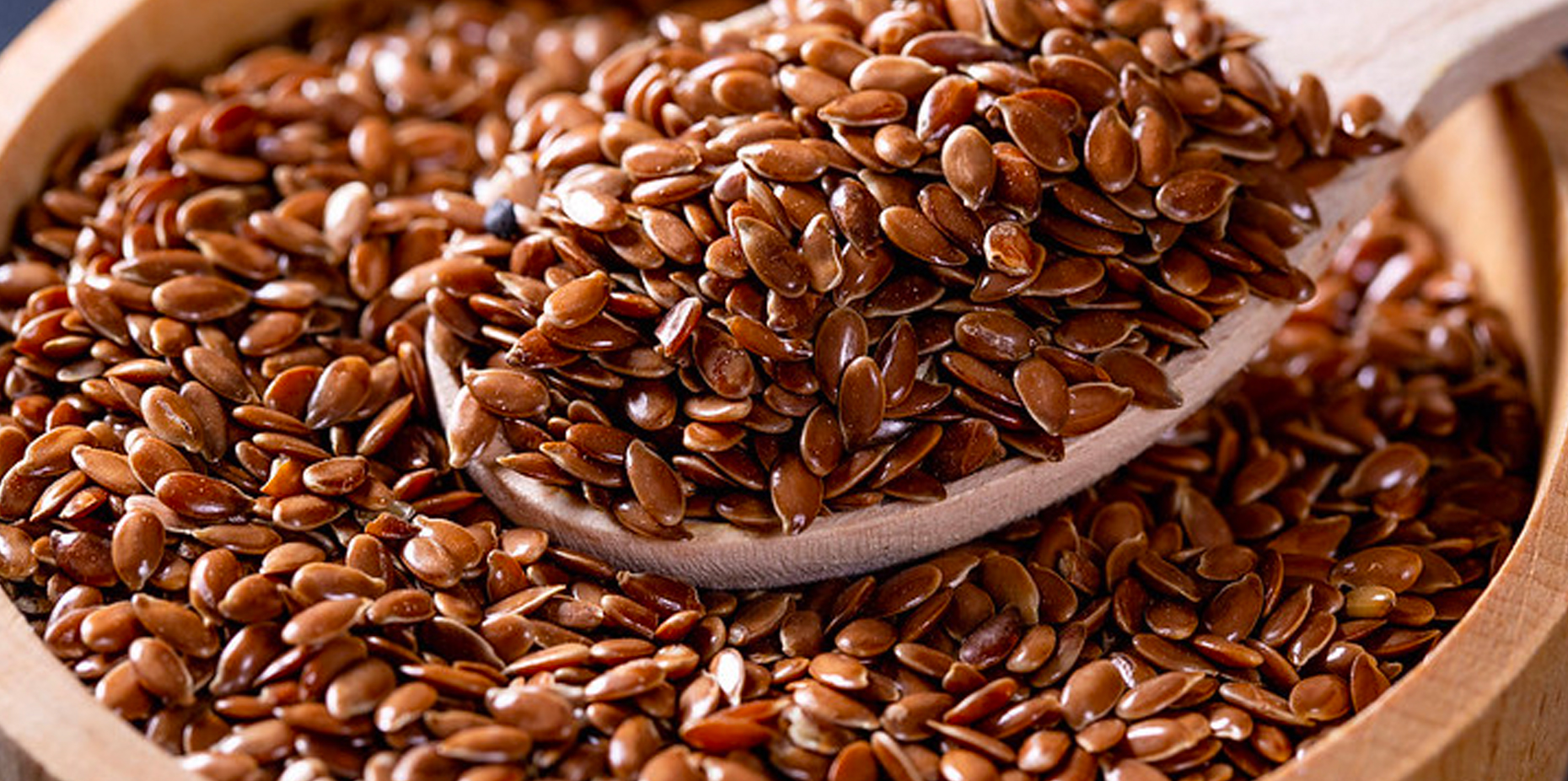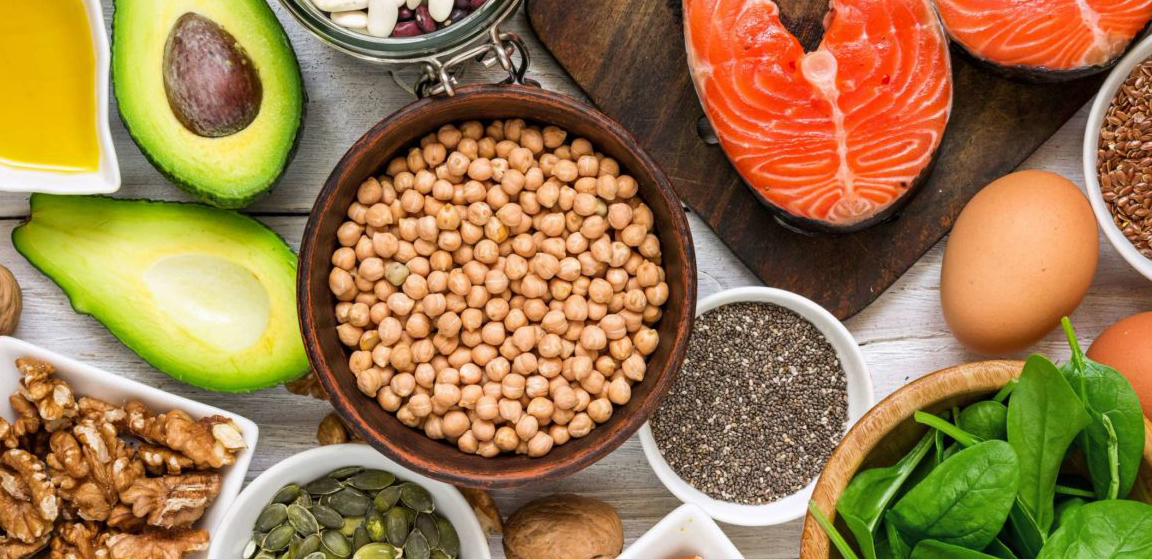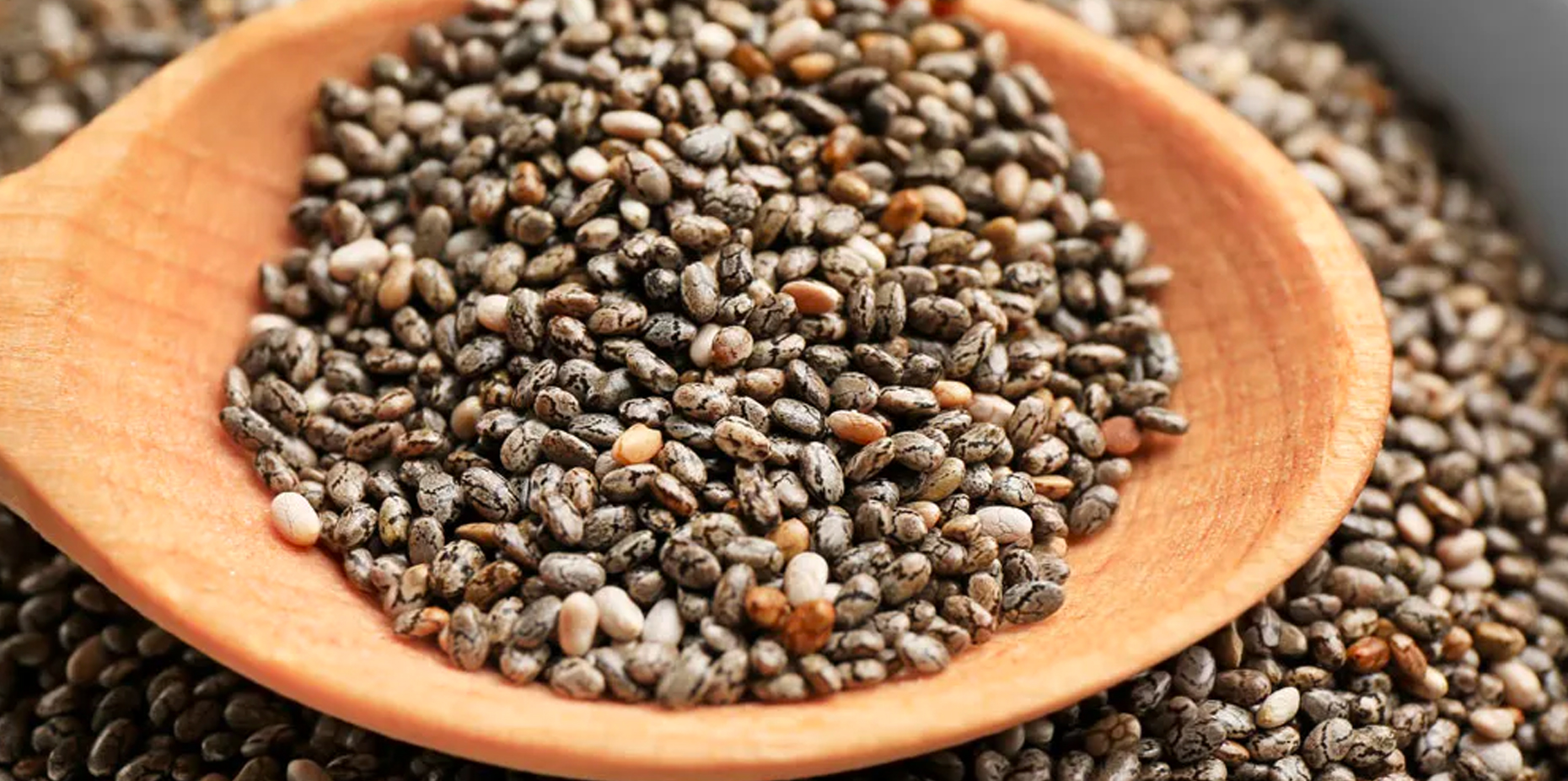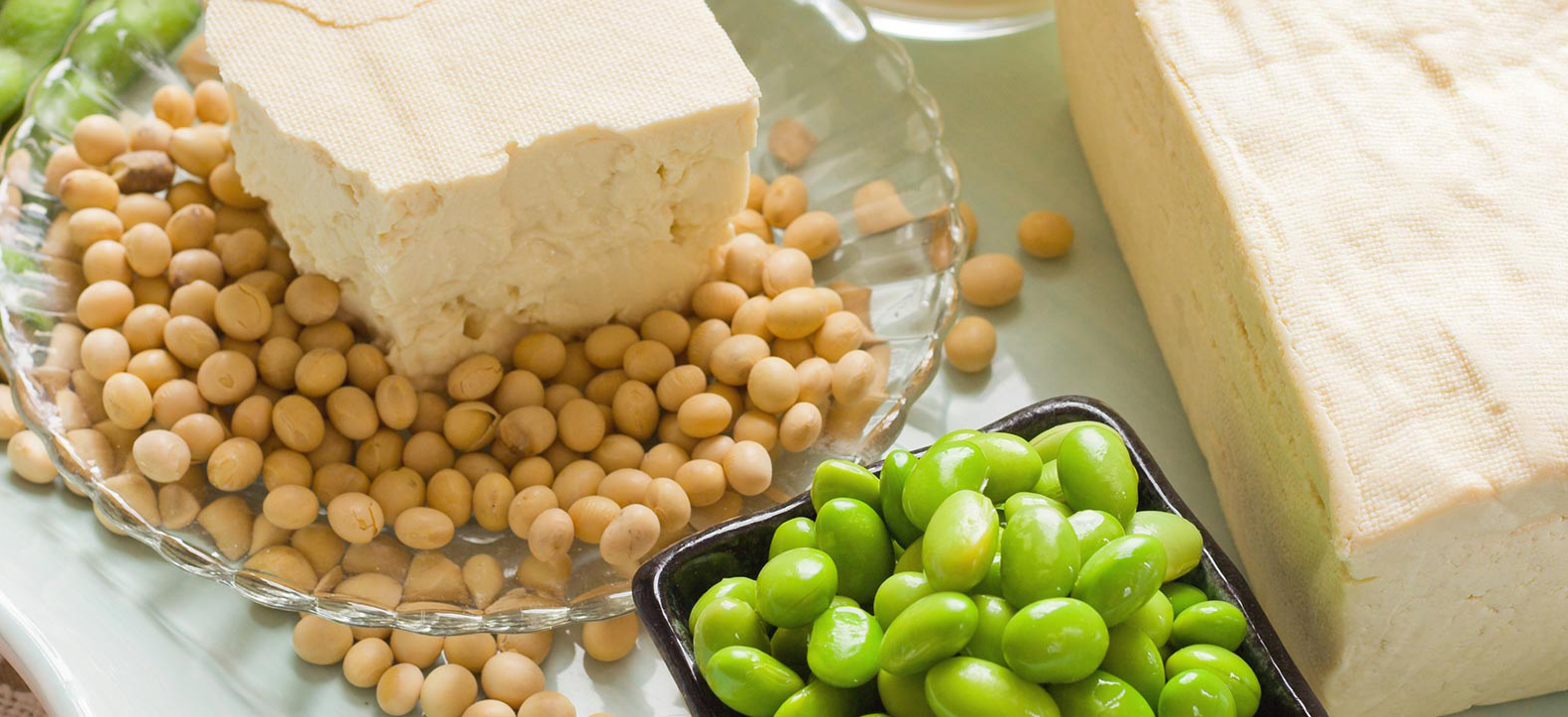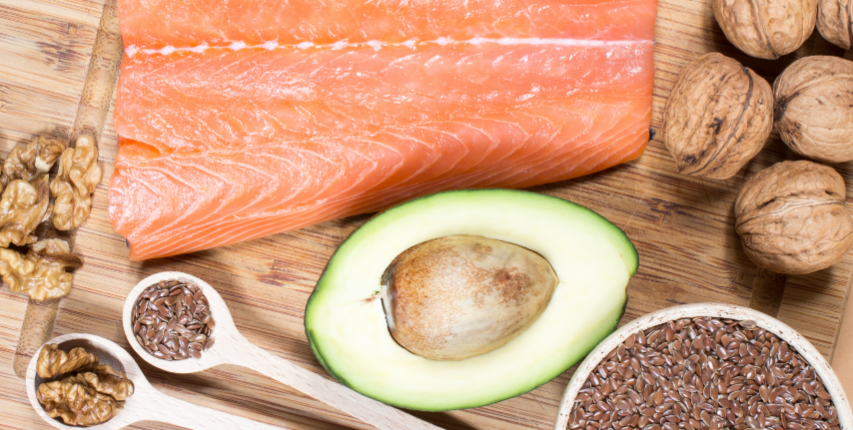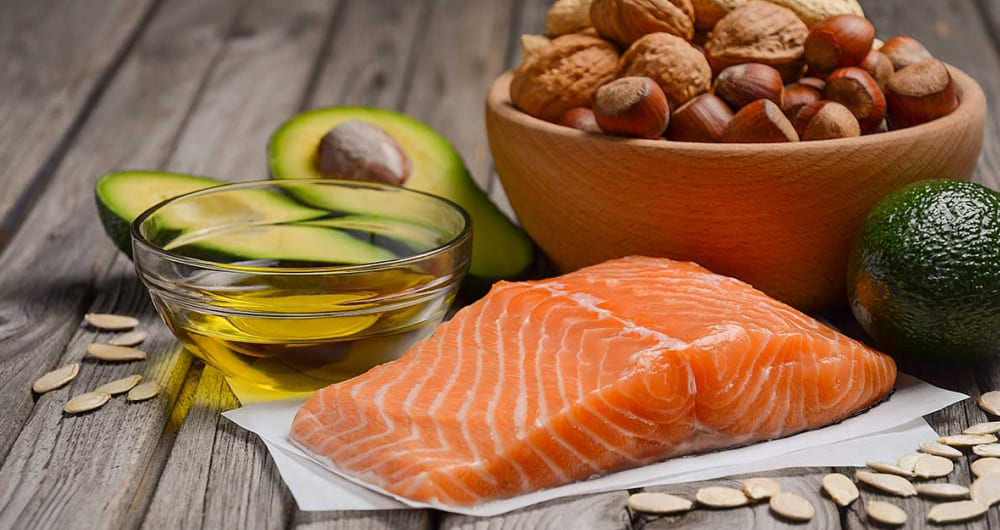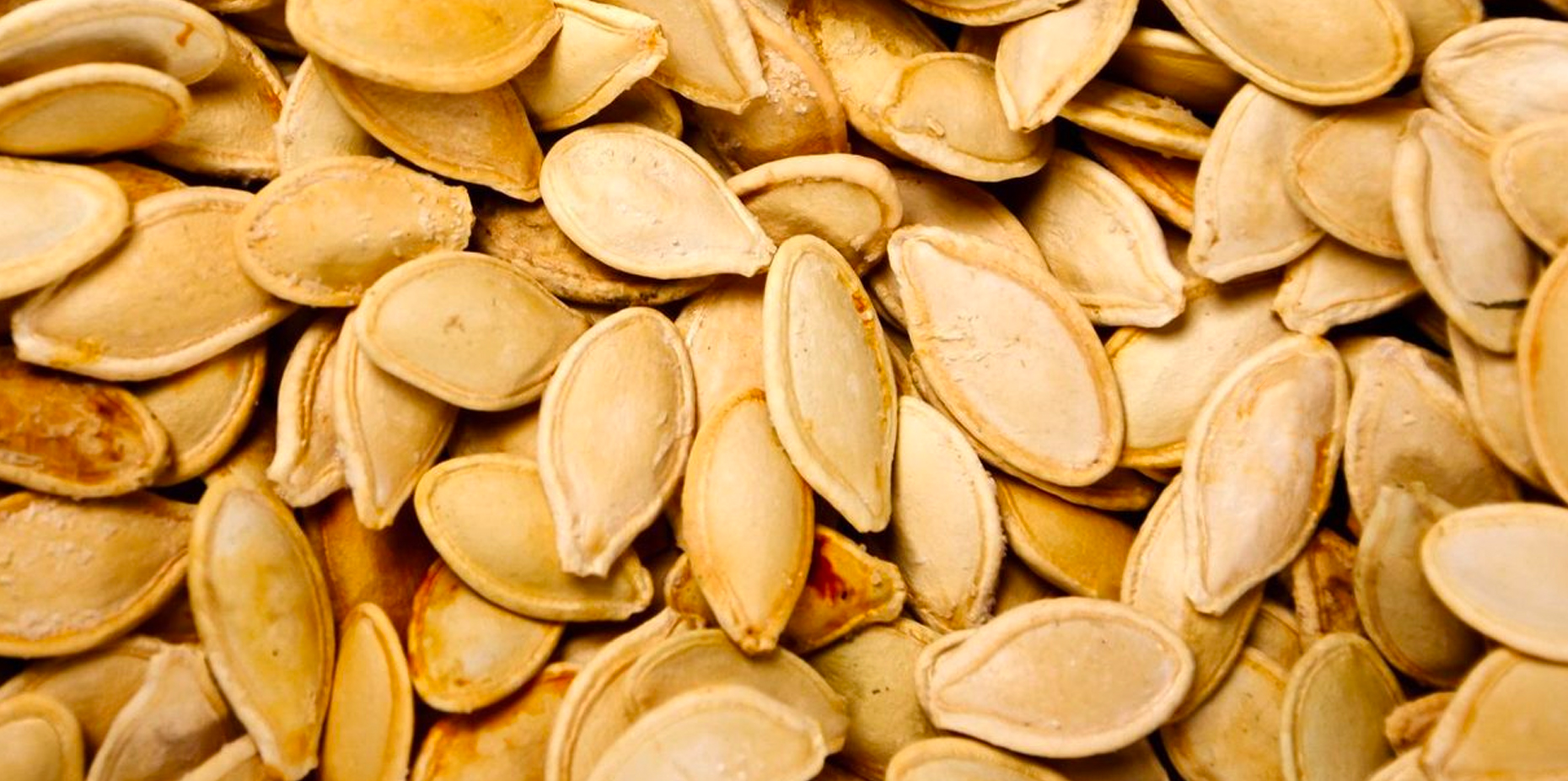Flax seeds are a fiber-rich food source derived from the plant species Linum usitatissimum. They are available in two basic varieties: brown and yellow or golden. Both have similar nutritional characteristics. Flax seeds are rich in oils while the stems are replete with high-quality fiber.
This ancient crop has been used in traditional medicine for its therapeutic value and other medicinal uses. Not only that, but flax seeds may have beneficial properties to them that promote overall health.
Keep reading to find all you need to know about flax seeds.
Fun Fact:Historically, flax seeds have had many uses. It was at one point used to make candles and bows for hunting.
Table of Contents
History and Facts
Flaxseed is one of the oldest crops, having been cultivated since the beginning of civilization. Traditionally, flaxseed oil is believed to bring mental and physical endurance by fighting fatigue and controlling the aging process. Other traditional uses it was used for include balancing the skin pH, improving the tensile strength or elasticity of the skin, improving the moisture-holding capacity of the skin, and removing skin blemishes. Furthermore, it was used for wound healing and skin disorders including dryness, undernourishment, and lack of luster/glow.
Colonists first introduced flax in the United States, primarily to produce fiber for clothing (1). The biggest flaxseed-growing countries are Canada, China, the United States, India, and Ethiopia (2). Canada is the world’s largest producer with a production of 0.42 million tons annually, accounting for nearly 80 % of the global trade in flaxseed (3). India ranks 4th with 0.15 million tons of total flaxseed production. The average worldwide flaxseed production between 2007 and 2011 was 1,862,449 tons (4).
Every part of the flaxseed plant is utilized commercially, either directly or after processing. The stem yields good quality fibers having high strength and durability. Flax has been used until the 1990s principally for the fabrication of cloths (linen) and papers, while flaxseed oil and its sub-products are used in animal feed formulation (5). In the last two decades, flaxseed has become a popular part of the health-conscious for consuming flaxseed in the diet.
Summary:Flax has had many uses since the beginning of civilization for things like clothes, fabric, papers, and for animal feed. Today Canada is the world’s largest producer of flax.
Nutrition Facts
In general, flax seeds are some of the smallest yet nutrition-packed foods you can find. In general, the seeds contain about 55% alpha-linolenic acid (ALA, also known as omega-3 fatty acid), 28–30% protein, 35% fiber, and phytoestrogens (6).
Macronutrients
In one tablespoon of ground flax seeds, there are the following macronutrients (7):
- Calories: 37 calories (kcal)
- Protein: 1.3 grams (g)
- Fat: 3 grams (g)
- Polyunsaturated fat: 2.1 grams (g)
- Monounsaturated fat: 0.5 grams (g)
- Carbohydrates: 2 grams (g)
- Fiber: 1.9 grams (g)
Flaxseeds are one of the best vegetarian sources of protein, containing about 25 percent protein by weight (8). They are also high in unsaturated fats. A single tablespoon of flaxseed contains around 2 grams of protein, 2 grams of dietary fiber, and 3 grams of fat which are mostly unsaturated fats (9). Flaxseeds contain more fiber than most plant food. Fiber is important for a healthy diet. Eating enough fiber can help you get more nutrients in foods.
Most Americans do not get adequate fiber in their diets. Eating a diet rich in fiber can help increase the feeling of fullness, reduce blood sugar spikes, lower cholesterol, and promote gut health (10). A few tablespoons a day can help you meet your daily requirements for omega-3 fatty acids and dietary fiber.
Summary:Flax seeds are high in protein and fiber, and unsaturated fats. Having a tablespoon of flaxseeds can help with overall fiber intake which has health benefits.
Vitamins & Minerals
Per one tablespoon of ground flaxseeds, there are the following vitamins and minerals (11):
- Calcium: 18 milligrams (mg)
- Magnesium: 27 milligrams (mg)
- Phosphorus: 45 milligrams (mg)
- Folate: 6.09 micrograms (mcg)
- Choline: 5.5 milligrams (mg)
- Lutein + zeaxanthin: 45.6 micrograms (mcg)
Flaxseeds have nutritional characteristics like containing choline, folate, and an array of antioxidants like lignans, lutein, and zeaxanthin (12).
Additionally, flaxseeds contain phytoestrogens which are compounds that have antioxidant and anti-inflammatory properties (13). They also contain B vitamins and minerals like potassium, magnesium, iron, and zinc (14).
Summary:Flaxseeds contain several different micronutrients and compounds that have antioxidant properties.
Health Benefits
Flax seeds are one of the most nutritious seeds you can find on the market. Not only that, they contain a ton of health benefits.
They Contain Health-Promoting Healthy Fats
As previously mentioned, flax seeds are high in omega-3 fatty acids. Omega-3 fatty acids are unsaturated fats that help keep our cell membranes flexible and healthy. A diet containing sufficient amounts of omega-3s may promote brain function and development, heart health, skin health, mood, and more (15). Flaxseed is one of the richest plant sources of omega-3 fatty acids there is (16).
Optimizing the intake of omega-3s appears to confer many benefits, including reduced risk of heart disease and possibly a reduced likelihood of behavioral problems, depression, and inflammatory conditions such as rheumatoid arthritis (17, 18). Evidence suggests that omega-3 polyunsaturated fatty acids play an integral role in cell membrane function and the development of the brain and eyes (19). Furthermore, some research has shown that long-term supplementation of omega-3 fatty acids was associated with a significant reduction in systolic and diastolic blood pressure (20). Other sources of omega-3 fatty acids include oily fish, fortified eggs, and oils derived from microalgae.
Summary:Flax seeds are a great source of omega-3 fatty acids. These fatty acids are beneficial for promoting brain function, heart health, mood, and more.
They May Promote Heart Health
In addition to their protective effects against cancer, flaxseeds may have heart-healthy benefits. Flaxseed has been shown to lower blood pressure in people with hypertension and in people who are already on blood pressure medications (21). It also helps prevent high blood pressure from developing in those who are at risk for it. Additionally, flax seeds reduce cholesterol levels by inhibiting the absorption of dietary cholesterol by the body (22). This makes flax seeds a good choice for those who eat foods high in fat and cholesterol such as meat, poultry, and eggs.
According to a recent study, the lignan compounds in flaxseeds may be the most effective heart-healthy dietary fiber. Fiber can help reduce cholesterol levels, therefore, promoting heart health and decreasing the risk of heart disease (23).
Summary:Consuming flax seeds may help lower blood pressure, and decrease cholesterol levels, therefore promoting heart health and decreasing the risk of heart disease.
May Stabilize Blood Sugar Levels
When you eat foods that are high in fiber, the body has to work harder to break them down which takes longer for them to digest. Because of this, the body releases insulin at a slower rate than if you were to eat a low-fiber meal.
Insulin regulates blood sugar by moving glucose from the bloodstream into cells. It also helps store fat and protein. If you have high blood sugar levels and your body cannot keep up with producing insulin, this can lead to diabetes. Since flax seeds contain fiber, it helps keep your blood sugar levels stable, which may prevent these problems from developing over time (24).
Other research confirmed that when type 2 diabetic participants were fed flaxseeds, their bodies significantly reduced blood sugar levels.
Summary:Because flax seeds are high in fiber, they can help stabilize blood sugar levels and decrease the risk of diseases like type 2 diabetes.
Ways to Consume
Flaxseeds are easy to add to your diet and are available in the form of whole seeds or ground flaxseed meals. The nutrients in flaxseed are best absorbed when consumed with water instead of dairy products like milk or yogurt. Flaxseeds can also be soaked overnight. The average recommendation for flax seeds is to eat around 1 to 2 tablespoons of them per day. You should try to eat flaxseeds or incorporate them into any of your meals or snacks a couple of times per week.
Whole flax seeds can be used in:
- oatmeal
- yogurt
- salads
Ground flaxseed can be used in:
- recipes like bread, muffins, and pancakes as a thickener and binder
- any smoothie recipe
- juices
- egg substitutes by mixing with water
Foods that contain high amounts of flaxseed can also include:
- ready-to-eat breakfast cereals
- salad dressings made with flaxseed oil
- breakfast drinks
- salad toppings
- biscuits, crackers
- soups
- baked goods including bagels, fiber bars, cakes
Potential Risks
Flaxseed is generally recognized as safe and most people can consume it. However, there are some risks of flaxseed that some consumers should be aware of.
May cause Digestive Discomfort
For some people with digestive issues like IBS or diverticulosis, flax seeds may not be a great option to have. Overconsumption of flaxseeds can cause stomach discomfort such as bloating, gas, stomach ache, and nausea (25). Because flaxseeds are high in fiber, those who are sensitive to fiber-containing foods should take precautions or ask a doctor before consuming them.
May contain Anti-nutrients
Some researchers have suggested that there may be a presence of anti-nutrients in flax seeds (26). Anti-nutrients are molecules that may have adverse effects on your health. Cyanogenic glycosides and phytic acid are the most abundant anti-nutrients found in these seeds (27).
Anti-nutrients are heat-sensitive. They break down when you roast or cook flax seeds. However, the presence of these components in raw seeds results in various side effects. As discussed, the anti-nutrients form lethal intermediates. One such intermediate is hydrogen cyanide, which can interfere with the absorption of minerals such as calcium, zinc, magnesium, copper, and iron. There are also several chronic problems associated with flaxseed intake.
It May Cause an Allergic Reaction
Allergic reactions to flaxseed and flaxseed oil are rare but have been reported to occur in the past (28). Anaphylaxis reactions to flaxseed, or any other food for that matter, can cause hives, itchy skin, swelling, redness, vomiting, or in severe cases throat closure.
Frequently Asked Questions
What is the difference between brown flax seed and golden (or yellow) flax seed?
While brown and golden flaxseeds have slight variations, it’s important to note that the difference is minimal. They have nearly the same nutritional profiles and benefits. The main difference between them is their taste. Golden flaxseeds typically have a light, buttery, and slightly sweet flavor. The brown flaxseed flavor is much bolder and has a toasted taste.
Which one is better, ground flaxseed or whole flaxseed?
Nutritionally, there are minimal differences between ground and whole flaxseed. Ground flaxseed is much easier to digest than whole flaxseed. This is mainly because the intestines are unable to break down the tough outer shell of the whole flaxseed.
How much flaxseed should I have?
For most people, consuming an average of 1 tablespoon (around 7 grams weighed) daily is a good place to start.
Conclusion
Flaxseeds are loaded with nutrients, including omega-3 fatty acids, fiber, and beneficial plant compounds like lignans, all of which boast many potential health benefits.
This tiny seed may improve digestive health, protect against certain types of cancer, stabilize blood sugar levels, and lower blood pressure and cholesterol levels.
Not only that, but flax seeds are also versatile, delicious, and easy to include in your diet.



